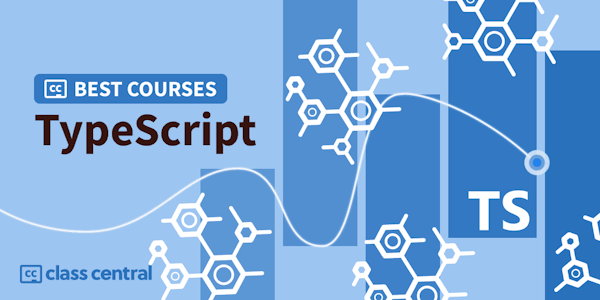Learn the essentials of Angular, the popular JavaScript framework used to develop and maintain applications.
Overview
Syllabus
Introduction
- More than just a framework
- What you should know
- Using the example code and codespaces
- Application overview
- History and ownership
- Release and support cycles
- Angular licensing
- Out of the box
- Workflow and tooling
- Angular decorators
- Angular modules
- Angular component decorator
- Angular component classes
- Reference variables and data binding in Angular templates
- Structural directives in Angular templates
- Angular standalone components
- Overview of Angular pipes
- Using built-in Angular pipes
- Using custom Angular pipes
- Angular services and the injectable decorator
- Angular service classes
- Angular directive decorator
- Angular directive classes
- Angular project configuration
- Application environments and build targets
- Injecting dependencies using dependency injection
- Declaring dependencies using dependency injection
- Providing dependencies using dependency injection
- Angular change detection strategies
- Angular component lifecycle hooks
- Defining routes for Angular Router
- Using routes with Angular's Router module
- Lazy loading Angular routes
- Dynamic route parameters in Angular routes
- Preloading strategies for Angular Router
- Using Angular Router with Angular templates
- Angular signals and the Signal function
- Angular signals and the Computed function
- Angular signals and the Effect function
- Angular's async pipe
- RxJS and Reactive programming in Angular
- Overview of unit testing
- Unit testing without dependency injection
- Unit testing with dependency injection
- Static code linting in Angular
- A deeper look at Angular
Taught by
Justin Schwartzenberger




